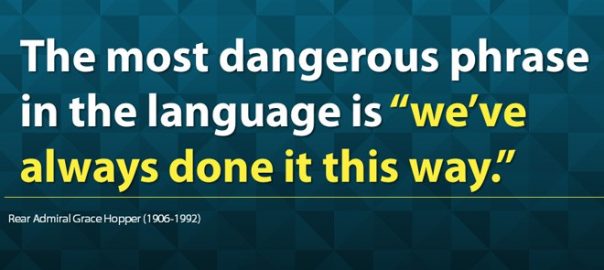There’s no doubt that business is becoming an increasingly global activity. Companies now have ready access to supply chains, consumers, and innovative ideas from around the world.
As marketing professional recruiters for 20+ years, we’ve watched businesses become increasingly international entities. And we’ve seen how important it is for their marketing departments and agencies to keep up with a global mindset.
One of the best ways an organization has to improve its marketing capabilities–both international and domestic–is to integrate more talent internally that possesses marketing and business experience in a different country. That’s great news for career-oriented marketing professionals who happen to have that international perspective in some form or another. And for those that don’t, it offers an adventurous option for a career detour that could propel you forward professionally.
How Businesses Benefit
International business experience improves your value as a marketer in two ways.
First, it equips you with a unique perspective that generally makes an organization more resilient and flexible. Stagnation is one of the deadliest things than can happen to a business. Yet it happens all the time. Leaders get complacent, innovation slows, outdated processes and strategies are maintained because “that’s how we’ve always done it.”

Diversity of background and experience is critical for a marketing department to bring new ideas to the table, challenge groupthink, and help the organization innovate. During your international experience, you probably witnessed business strategies and cultural distinctions that might have never even been considered in the insulated bubble of corporate America.
Second, it provides you with specialized, unique insights in how to market to audiences in or from the country (or countries) you worked and lived in.
For instance, if you spent a lot of time living in Japan, South Africa, or Turkey you’d certainly have a better understanding of how to design a campaign for that audience than someone who is blind to that culture. That would be immensely valuable to an American business trying to break into that market.
Or imagine you were born in Mexico and began your career there. Your Spanish fluency and cultural immersion would no doubt help a brand avoid any linguistic faux pas in an ad campaign to the U.S.’s growing Hispanic population.
There is certainly no shortage of embarrassing brand blunders from marketing teams mistranslating messages into a language they’re unfamiliar with or using an image or phrase that the population unexpectedly finds offensive. Just check out this list of epic fails in global branding. International experience provides a first-person perspective on the complex nuances of a society a business would otherwise be unfamiliar with.
Marketing Your International Experience to Marketing Recruiters

International experience is valuable–but most organizations haven’t yet started prioritizing it as a key factor in candidate consideration. That means it’s up to you whether to emphasize your accomplishments around the world and highlight how important they are to marketing professional recruiters.
Your Resume
Step one is to polish up your resume and make sure that it’s up-to-date with the international experience you want to promote. Explaining global business success on a resume is a delicate balance. You want to be detailed enough to fully convey your understanding of a culture and the impact you made at that job, but brief enough not to hog up too much sparse resume real estate.
The most important thing to do with your resume is to tie your experience directly to significant, meaningful contributions to the business and, ultimately, ROI. How did your work affect conversions and sales? Make sure to avoid simply listing your responsibilities–businesses want to hear about results first.
If you have multilingual fluency or some particular understanding of a specific culture, it’s always worth taking the time to specifically list it.
Be sure to make your international experience appear prominently in your LinkedIn profile, portfolios, and any other digital properties you want to tie to your professional qualification. You typically don’t want to make it your core identifier–but it’s certainly something worth referencing.
The Interview
The best opportunity you’ll have to really showcase your international experience will be during the marketing job interview. Here you’ll be able to highlight that background even in situations where that kind of experience isn’t directly listed in the job description.
When researching the company you’re applying to, look into what they’re doing (or should be doing internationally) and find ways to tie your experience with their global goals. Consider some unique challenges and situations you worked through while abroad that would be uncommon here, and be ready to share your stories with your interviewers. Remember, your interviewers likely won’t directly ask about your international experience. The responsibility falls on your shoulders to bring it up during your responses in a way that’s organic and relevant to the conversation.
Business & Finance Articles on Business 2 Community(92)
Report Post




